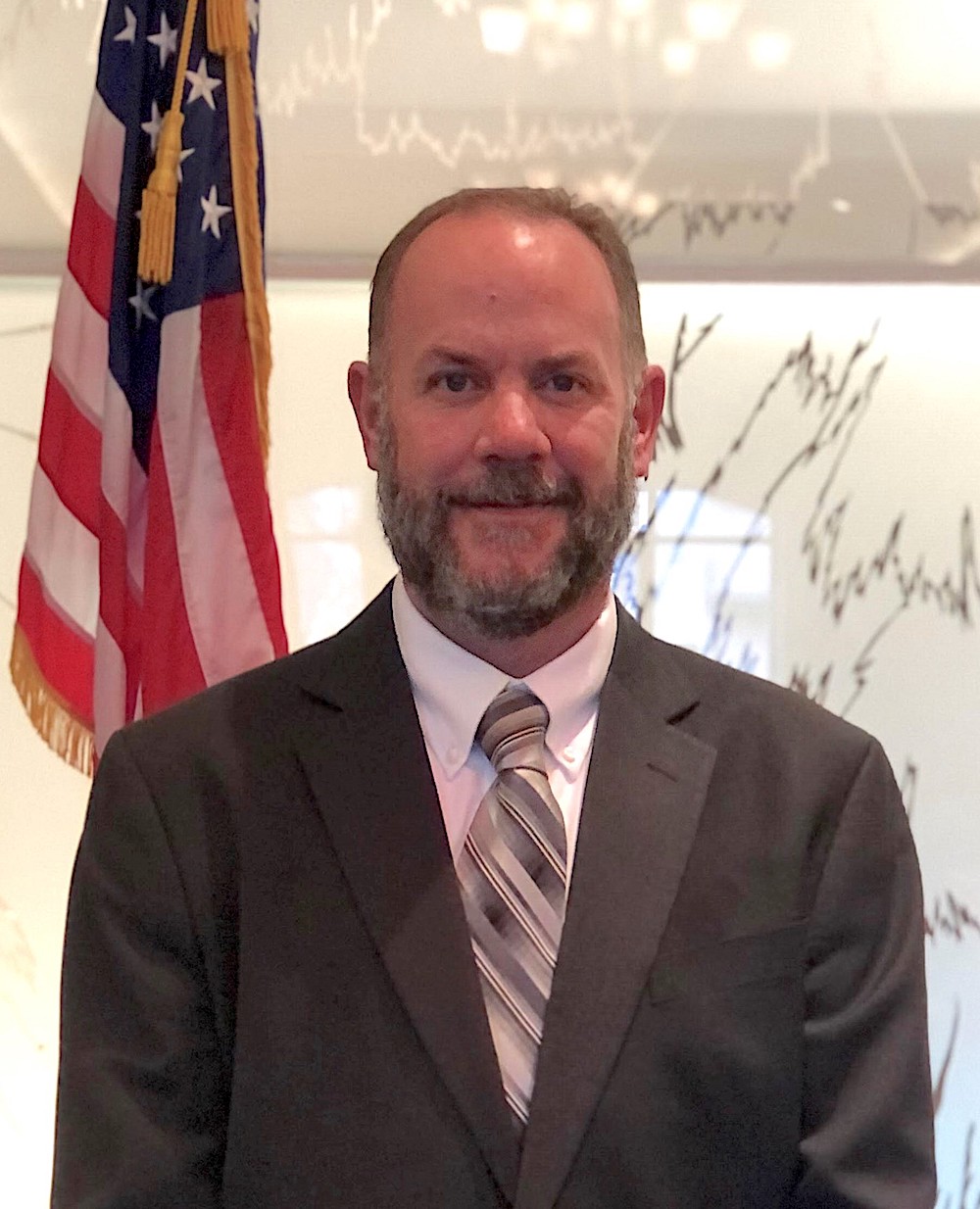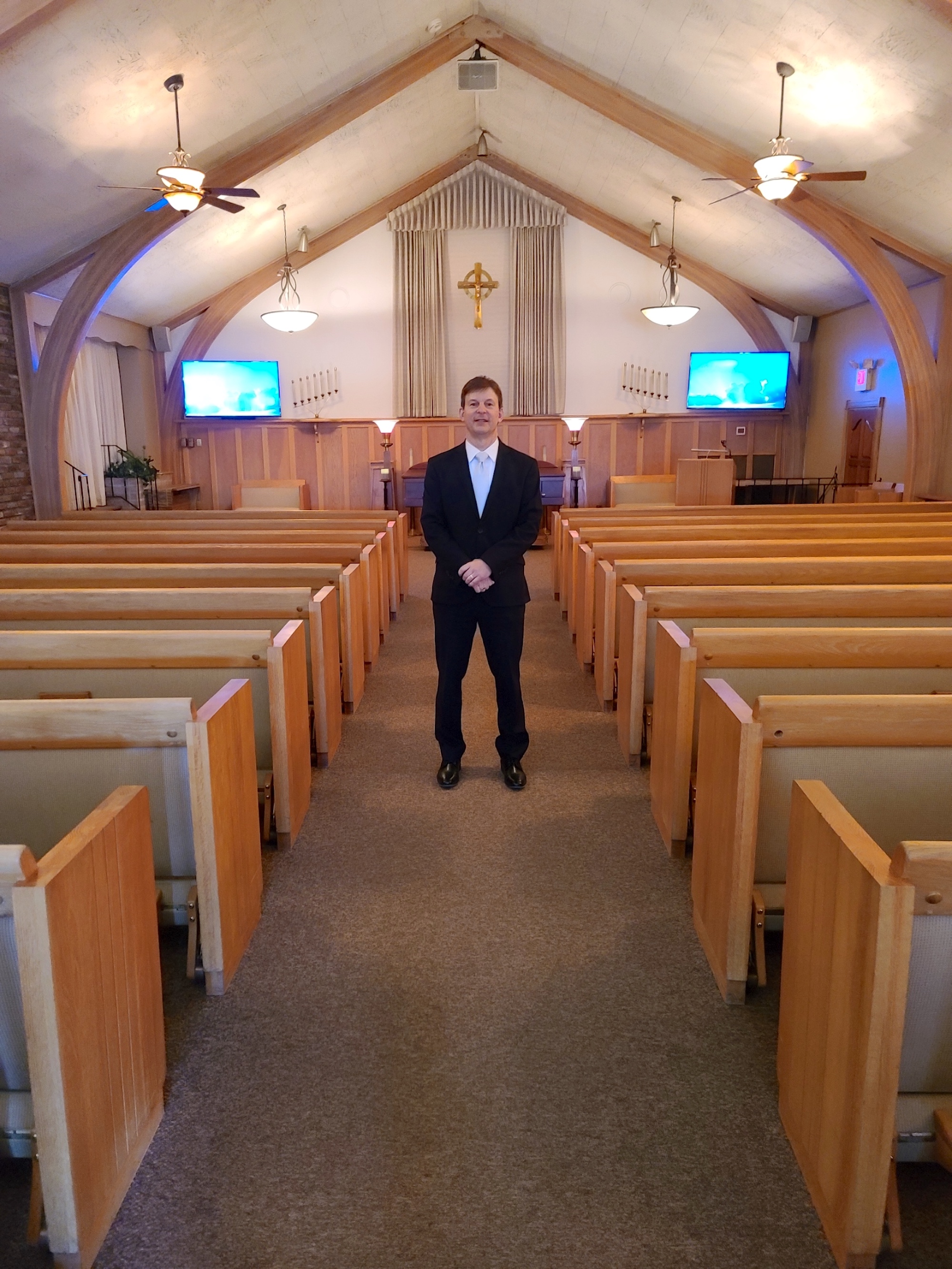Rick Noel, co-owner of Walton’s Funerals & Cremations, says the company saw its busiest stretch of 2020 in the fourth quarter, when COVID-impacted deaths spiked in greater Reno-Sparks. Courtesy Photo
 Paul Noell, manager of Mountain View Mortuary in Reno, said the business increased its staff size from six to nine employees in 2020 to keep up with increased demand.
Paul Noell, manager of Mountain View Mortuary in Reno, said the business increased its staff size from six to nine employees in 2020 to keep up with increased demand.
 Rick Noel, co-owner of Walton’s Funerals & Cremations, stands inside the company’s Sierra Chapel at 875 W. Second St. in Reno.
Rick Noel, co-owner of Walton’s Funerals & Cremations, stands inside the company’s Sierra Chapel at 875 W. Second St. in Reno.